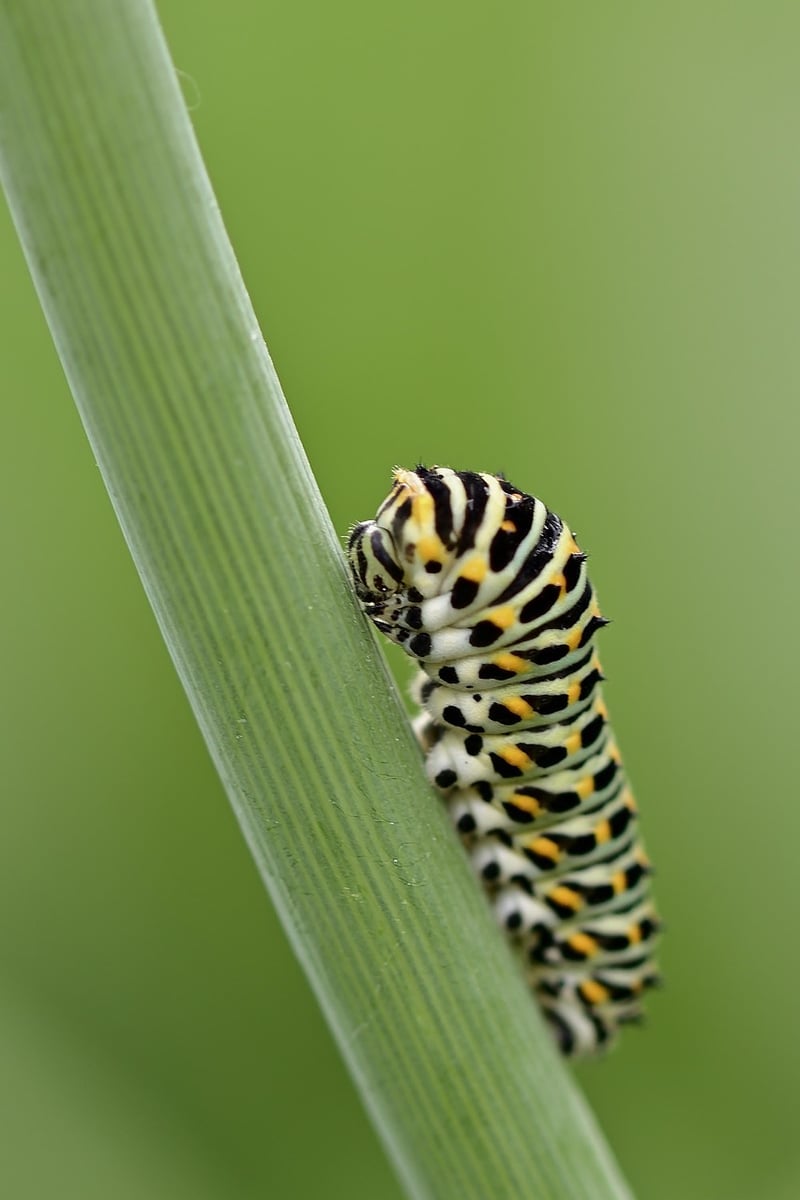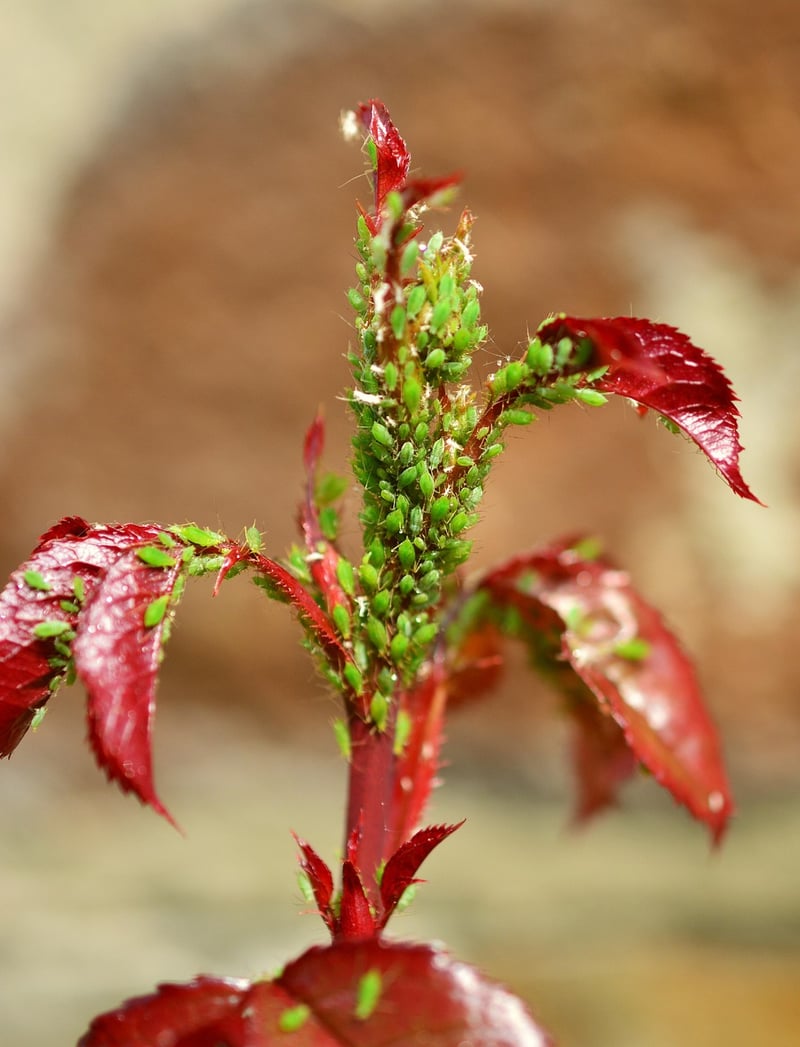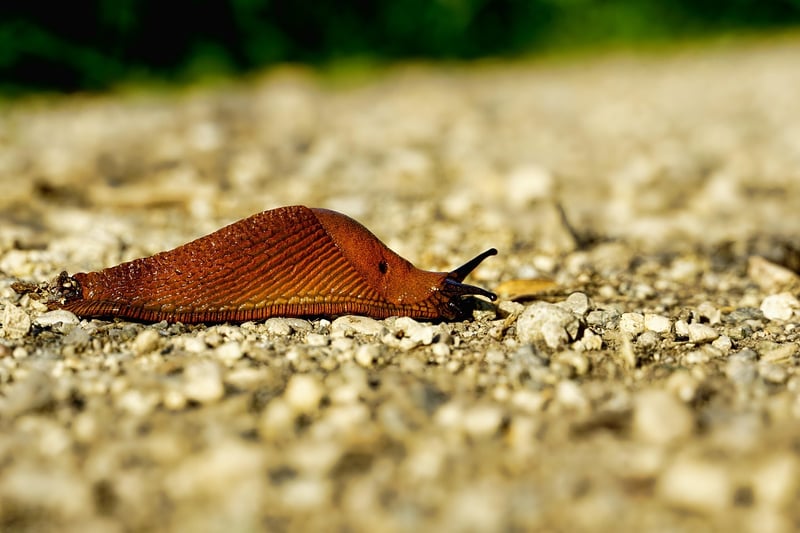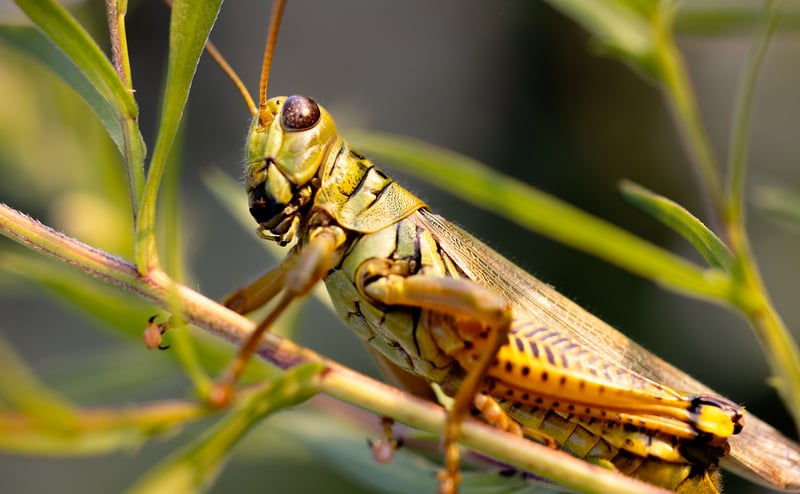Identifying Common Pests
#Integrated Pest Management
#Non-Toxic Solutions
#Insect Repellents
Managing Garden Pests and Identifying Common Pests
Introduction to Garden Pests
Garden pests can wreak havoc on your plants, flowers, and vegetables if left unchecked. Identifying common pests and implementing effective pest management strategies is crucial for maintaining a healthy and thriving garden.
Identifying Common Garden Pests
Here are some of the most common garden pests you may encounter:
- Aphids: Small, pear-shaped insects that feed on plant sap.
- Slugs and Snails: These slimy creatures can devour young plants overnight.
- Caterpillars: Larval stage of moths and butterflies, they can chew through leaves and stems.
- Spider Mites: Tiny pests that suck plant juices, causing leaves to stipple and turn yellow.
- Whiteflies: Small, moth-like insects that leave a sticky residue on plants.
Effective Pest Management Strategies
Here are some eco-friendly ways to manage garden pests:
- Attract Beneficial Insects: Encourage ladybugs, lacewings, and other predators that feed on garden pests.
- Use Neem Oil: A natural insecticide that disrupts the pests' growth and reproduction.
- Handpick Pests: Remove larger pests like caterpillars and beetles by hand and drop them into soapy water.
- Plant Trap Crops: Grow plants that attract pests away from your main crops.
- Apply Diatomaceous Earth: A fine powder that can deter and kill various garden pests.
Conclusion
By identifying common garden pests and implementing effective pest management strategies, you can protect your garden from damage and enjoy a bountiful harvest. Remember to monitor your plants regularly and take action promptly to prevent pest infestations.



